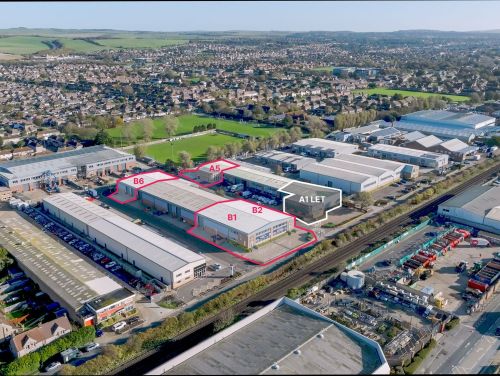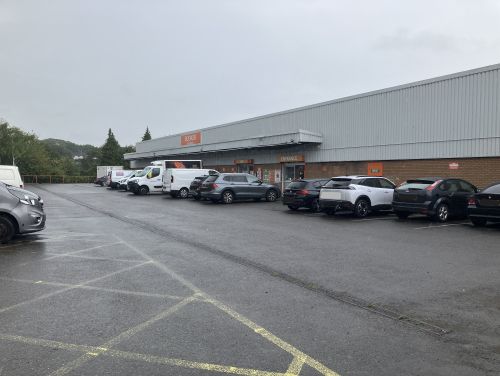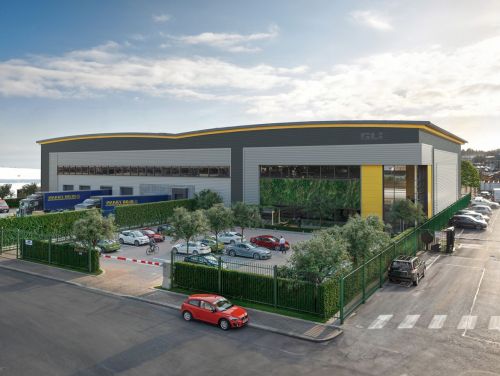31 March 2021
SPACE INVADERS IN THE GROCERY SECTOR
Commercial, Industrial & Logistics
Weezy, Getir, Gorillas and Dija: no, not the names of the latest music sensations but the most recent attempt to monetise convenience. What price would you pay to have basics from your local shop delivered within 15 minutes?

This concept is being tested by a new breed of super-fast grocery delivery company that has appeared seemingly from nowhere. Keen to capitalise on the success of Amazon, Uber Eats, Deliveroo and Just Eat, their rollout plans are ambitious and their premise simple: convenience goods delivered in minutes for a small delivery fee and often slightly inflated prices on each item.
The start-ups, mainly backed by venture capital, hope to benefit from the huge surge in interest and subsequent inflated prices investors are paying to enter the market. Deliveroo's initial public offering gave it a capital value of around £7.6bn but early trading on the London Stock Market was lukewarm. And it has yet to make a profit.
Adding to the pressure, all the grocery delivery companies are chasing the same type of property, typically 2-5,000 sq ft on one floor in densely populated urban locations. Space tends to be fitted out like a convenience store with pickers and packers who deliver via electric scooter or moped. With so much demand focused on such a tight market, rents have only gone one way.
Are these start-ups sustainable and, with little or no track record, can they find the space they need to scale-up? Well, the answer so far has been yes. By offering rents above the asking price and hefty deposits, landlords are taking a view on the covenant and ultimately the success of the venture.
South London has seen a flurry of lettings as the new ventures try and gain a foothold in the area and SHW expects many more as the race for space heats up. The last-mile logistics sector has never been busier.




